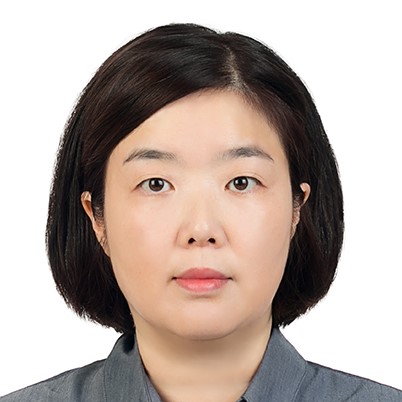
Minyoung Kim
General Counsel, Argo EnergyMinyoung Kim, General Counsel at Argo Energy, talks to us about her career to date, the challenges of returning to Korea after years of working in the United States, and how we can advance inclusion and diversity in the workplace.
Tell us about your career to date – your career journey, the successes you’ve had and the challenges you’ve had to overcome.
I attended university and law school in the United States and that’s also where my career kicked off, working at law firms in Virginia and Maryland. After living abroad for 13 years, including throughout my 20s, I moved back to Korea. Working and living in Korea after more than a decade abroad presented a big challenge for me.
I worked at a government-owned company with a closed company culture and hierarchy, which I wasn’t particularly enjoying. I spent a fair amount of time complaining about this role with my father, a former government officer, and he said “you’re not the only one who is tolerating these working conditions. And the people at your company? They’re also tolerating you!” That brought a real change of perspective. It was a surprising moment coming from my father and I had to admit that colleagues should look to understand each other and try to meet each other halfway and collaborate with one another.
I’m now working as General Counsel of Argo Energy, Actis’ first energy investment in Korea, where I draft and review the business’ contracts to help develop solar power projects. Argo Energy is a small organisation, so all employees work pretty organically with one another. As General Counsel of the company, I have the role of an intermediator and connect with colleagues in different parts of the business. In many ways, I consider my role at Argo Energy as that of an internal advisor, supporting the company in developing its projects.
In your view, why is inclusion and diversity important in the world of business?
It’s very important. If we do not respect diversity, the world will remain unequal. It takes purposeful policies both at the micro and macro levels to drive progress when it comes to equality.
And this does not just apply to sexual discrimination or inequality between men and women – action must be taken to ensure inclusion and diversity, taking into account a number of factors.
The Korean government, for example, is pursuing many diversity-related policies including from a human rights and multiculturalism perspective. This is having a positive real-world impact on Korea’s labour market.
What more needs to be done, at an industry level, to create opportunities for women and to drive equality between men and women in the world of work?
There are multiple different policies that could be implemented both at the national governmental level as well as at the micro-level within businesses but beyond policy, I think it’s also a question of mindset.
We should strive for equality between men and women, for example, all while admitting that differences do exist between them. Men and women are not exactly the same in every single way and it could be discriminatory to ignore these differences. In fact, to drive true equality between men and women in the workplace it can help to acknowledge that differences can exist and incorporate these into how a business operates.
Such factors should be taken into account and it is critical that HR teams seek out the right individuals for a given position without considering gender.
What advice would you give to a young professional embarking on their career?
I always recommend young professionals embarking on their career to be careful with the details. Senior professionals overseeing work can work at a slightly higher level but young people need to see and be on top of the details.
I’d also underscore how important it is to talk to your colleagues to keep in the loop with everything.
What advice would you give to your younger self?
Don’t get emotionally swayed by other people and what they say!